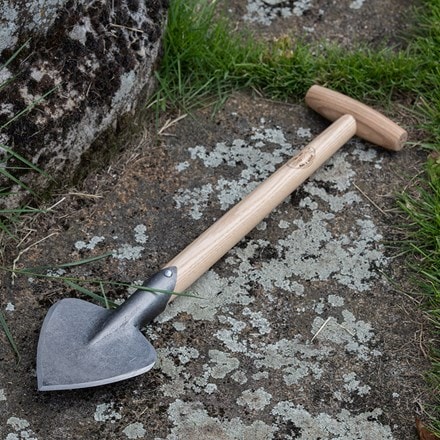Thalictrum rochebruneanum
meadow rue
- 9cm pot
- £11.99
- available to order from winter
- 3 × 9cm pots
- £29.99 £10.00 each
- available to order from winter
- 6 × 9cm pots
- £44.99 £7.50 each
- available to order from winter
Delivery options
- Standard £5.99
- Position: full sun or lightly dappled shade
- Soil: moist, humus rich soil
- Rate of Growth: slow to average
- Flowering period: June to August
- Hardiness: fully hardy
Large fluffy sprays of rosy-lavender and white flowers on striking, reddish-brown stems above clumps of fern-like, grey-green leaves.
Thalictrum rochebruneanum is a versatile perennial, which looks wonderful towards the back of a partially shaded border, where the dainty foliage and flowers provide an excellent contrast for coarser-leaved plants.
Thalictrum rochebruneanum is a versatile perennial, which looks wonderful towards the back of a partially shaded border, where the dainty foliage and flowers provide an excellent contrast for coarser-leaved plants.
Thalictrum thrives in moist, well-drained soil in partial shade but can tolerate full sun if kept well-watered. Plant it in a sheltered spot to protect the tall, delicate stems from strong winds and stake using plant supports made from natural materials (e.g. hazel or birch) before the flowers appear.
Mulch annually with compost or well-rotted organic matter to retain moisture and enrich the soil. In autumn, cut back the flower stems to ground level to to tidy up and encourage healthy growth the following year. Regular deadheading during the season can also help prolong flowering.
Divide congested plants in early spring as new growth appears, though divisions may take time to settle.
Mulch annually with compost or well-rotted organic matter to retain moisture and enrich the soil. In autumn, cut back the flower stems to ground level to to tidy up and encourage healthy growth the following year. Regular deadheading during the season can also help prolong flowering.
Divide congested plants in early spring as new growth appears, though divisions may take time to settle.



